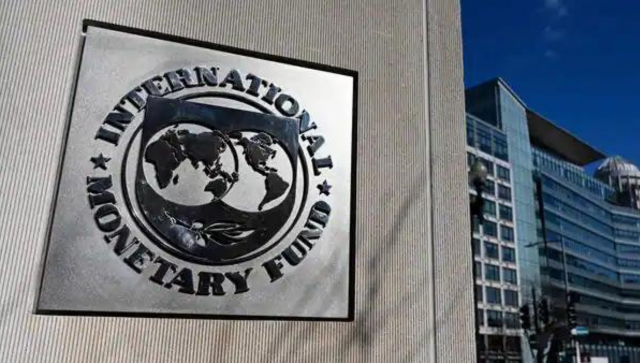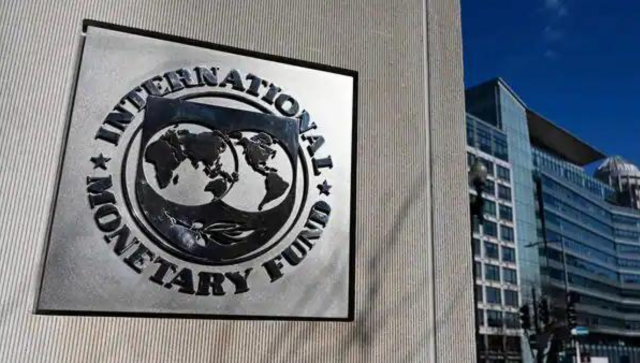The information technology sector is cautious about the GST Bill that has been cleared in the Rajya Sabha as the players feel circumspect about the proposed law’s actual impact on them. They feel they would need to closely engage with the government to ensure that the tax regime brings in the required clarity and is neutral in impact.
The positives of the GST Bill are that it subsumes multiple levies, clarifies taxation of electronic downloads, robust technology framework for implementation bringing in transparency and process simplification, provisions for time-bound processes, simple, efficient and transparent indirect tax regime is widely expected to accelerate overall growth of GDP in the country with spin-off benefits for all the sectors, including IT-BPM.
However, there are key issues that need to be addressed. According to a press release issued by lobby group Nasscom, companies engaged in the supply of services on a pan-India basis will have to seek registrations in 37 jurisdictions (29 States + 7 Union territories with legislature + Central Government). “Place-of-supply provisions may require multiple invoicing for services delivered under single contract if services are delivered from various offices/ centers of the same entity,” it said.
It also fears an increase in disputes and litigations regarding valuation of services. There could be transfer pricing-like situation for intra-company supplies and will necessarily require refund.
“Export competitiveness of the IT sector could be impacted due to complex billing and invoicing requirements due to place of supply and valuation,” it said.
It further pointed out that reverse charge of GST on import of services used as input for services that are exported, can lead to locking in working capital. For SEZ units, which were permitted upfront exemptions, there is now no provision for upfront exemptions, and it will necessarily require application for refunds.
It also expressed fears that the GST will likely have a negative impact on the fledgling e-commerce sector. The provision mandating “tax collection at source” for transactions on third-party e-commerce market places are discriminatory and can potentially render such businesses unviable, it said. Moreover, this is likely to negate the beneficial impact of e-commerce on lakhs of small businesses in the country by compelling them to seek refunds compounding their working capital problems.
Nasscom also has raised concerns about the specific language of the model law and its interpretations.
Vivek Pachisia, Tax Partner, EY India says that the lack of clarity around continuation of indirect tax exemptions for IT/ ITeS exporters, possible higher rate of taxes applicable to IT products and software under the GST regime, administrative complexity due to multiple state level compliance are some key issues that may need redressal under GST, to retain its growth platform and competitive advantage in the global markets.
However, Nasscom thinks it would not in any way undermine the importance and the urgency of ushering in the reform.
“The passage of the amendment bill will unarguably usher in the most impactful tax reform this country has seen. The services industry at large was administered under a single authority in the Centre under the Service Tax regime. The simplicity and certainty that it offered needs to be emulated in the GST law that States and Centre adopt subsequently. The new tax regime should also be future ready and cater to the needs of the emerging digital economy in the country,” said R Chandrashekhar, president, Nasscom.
The plethora of diverse state-level taxes and levies of around 25-30 percent was cumbersome for the sector, say analysts, as it was for various other sectors.
Narendra Bansal, chairman & managing director of Intex Technologies (India), said he was glad that GST will ensure India emerges as one common market with an approximate tax rate of around 18 percent with no double taxation and no cascading effect of multiple levies.
“Being a manufacturing entity, Intex Technologies stands to benefit from a uniform tax regime because this will boost operational efficiencies, increase cost savings and make products more competitive. This will help in a major way to simplify the way we do business and will boost government initiatives on “ease of doing business in India,” Bansal said.
India will be able to step up and increase its potential in the world with the government’s willingness to take bold steps to boost the economy.


)




)
)
)
)
)
)
)
)